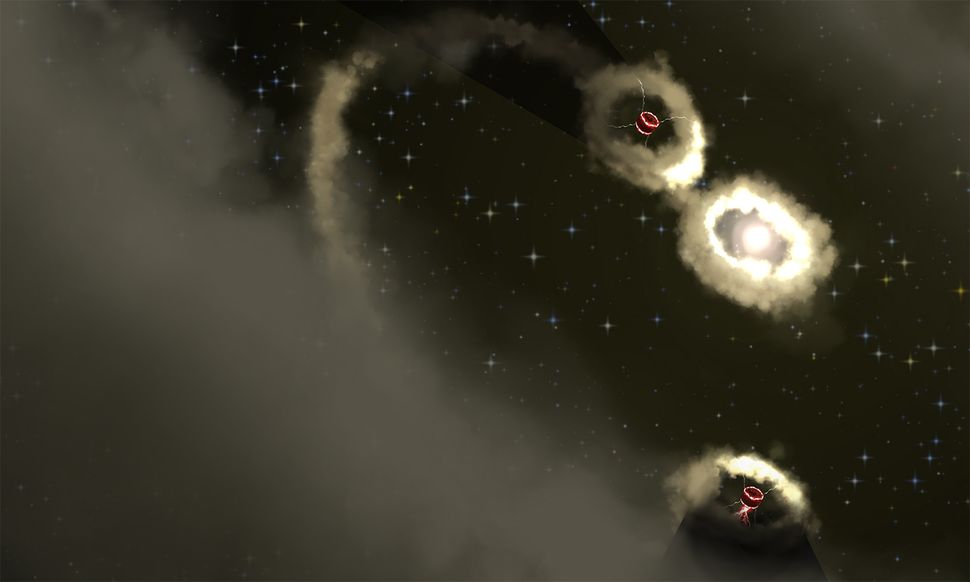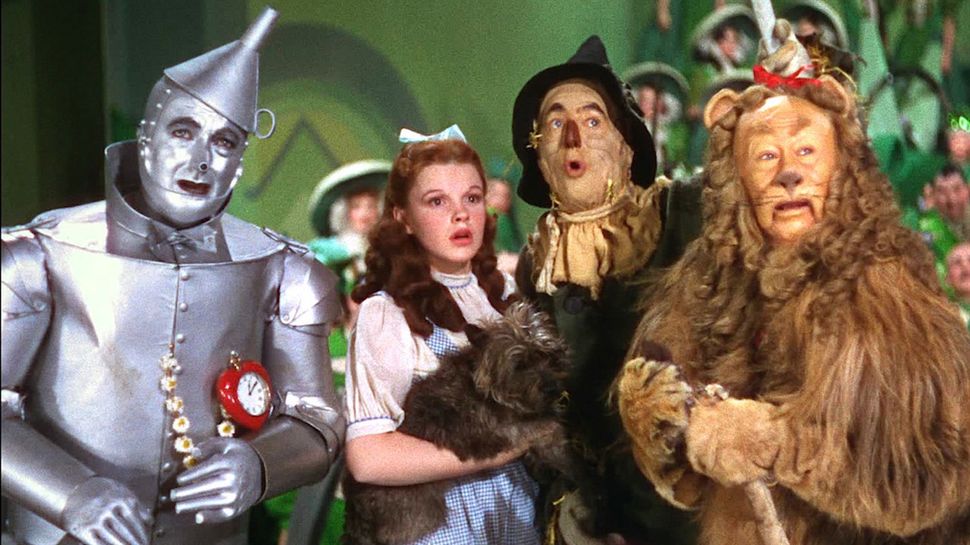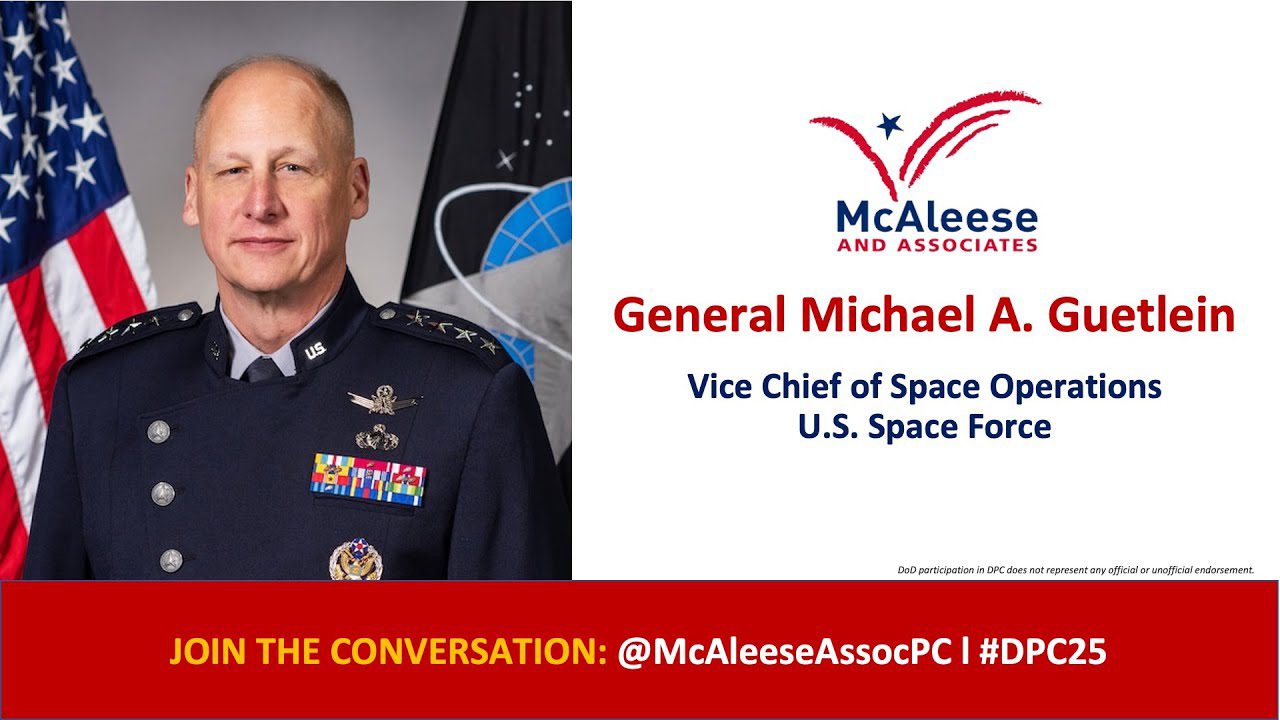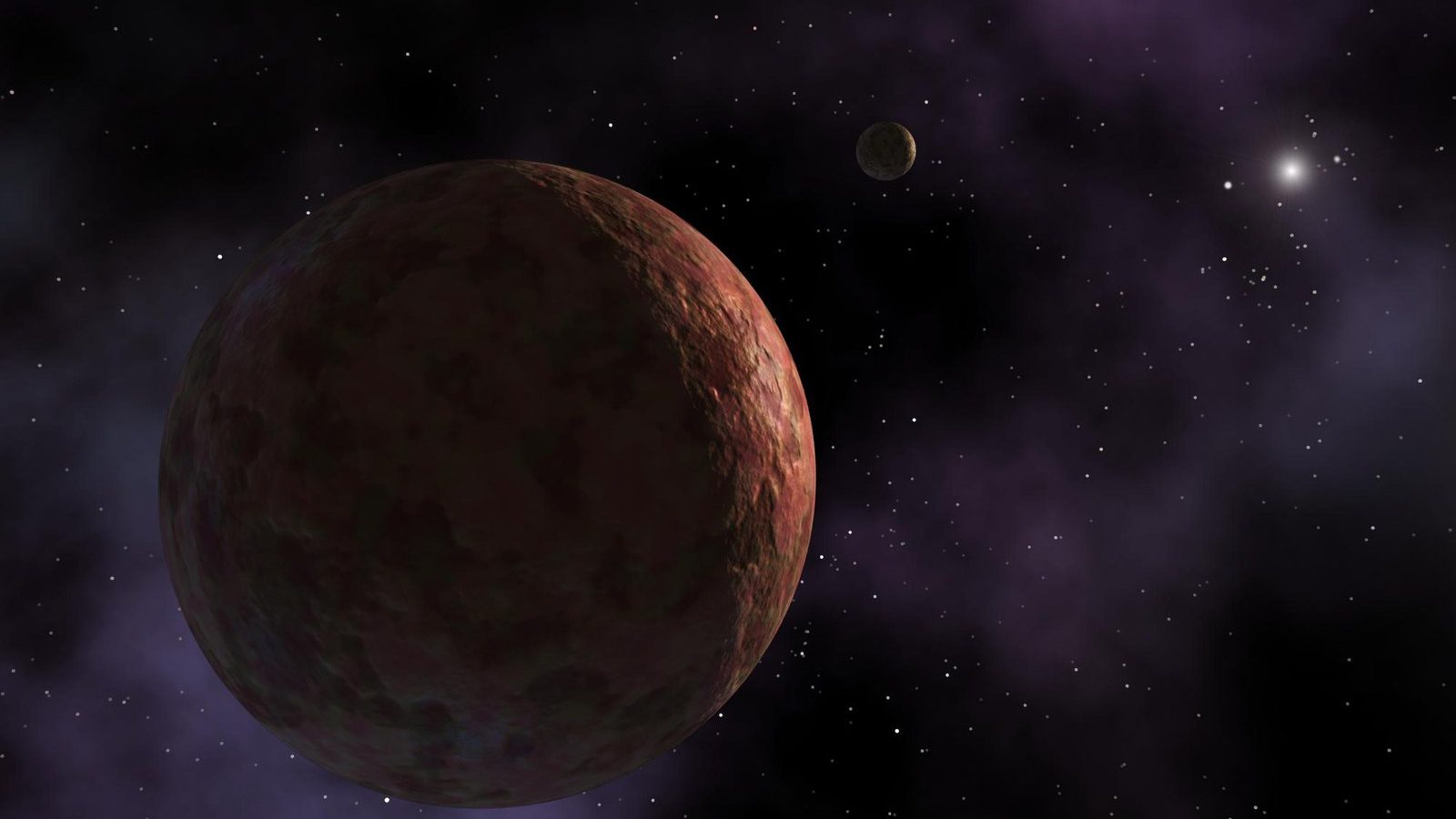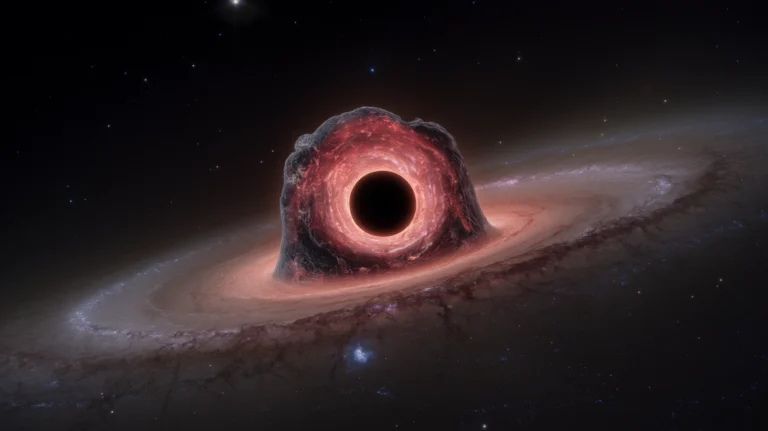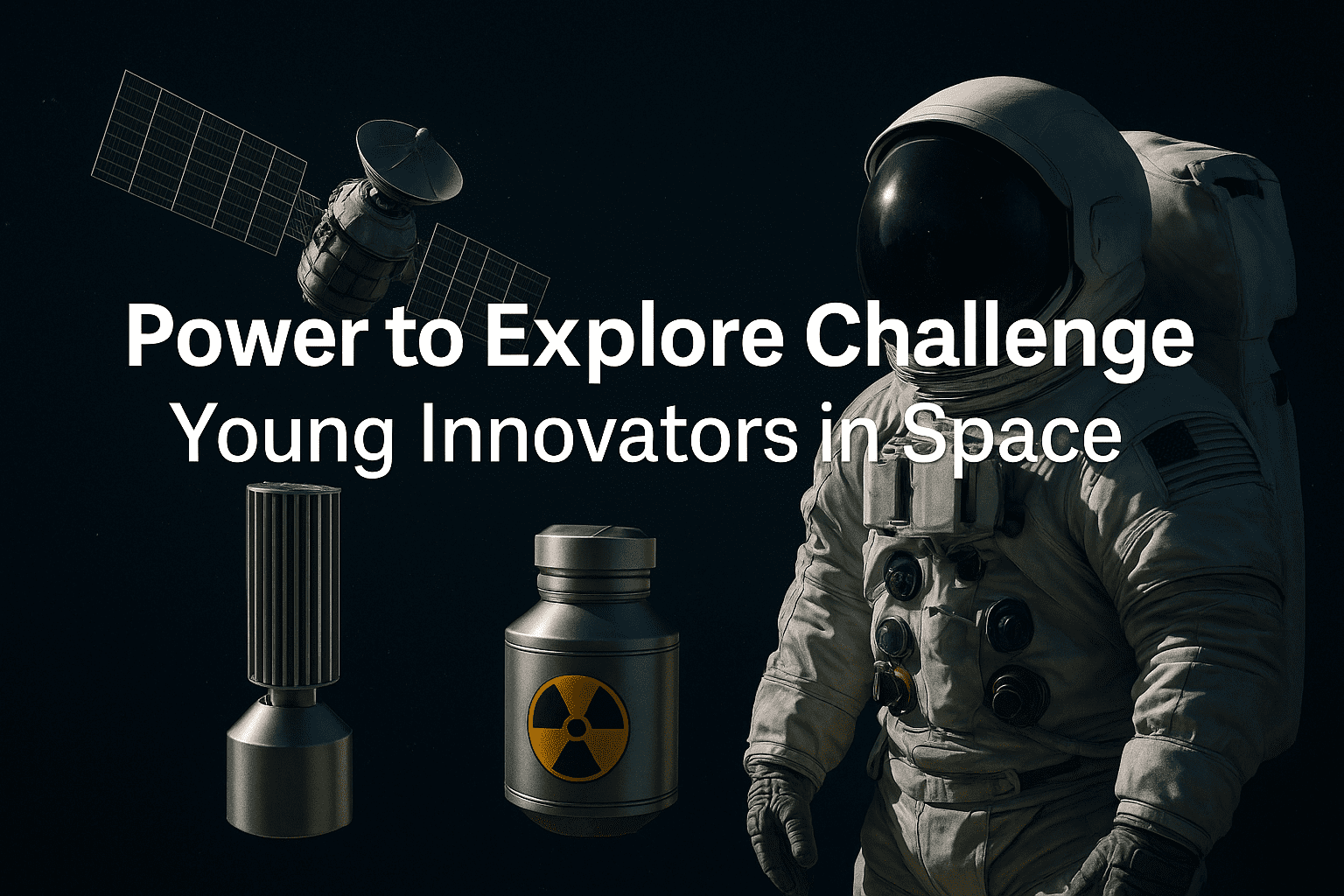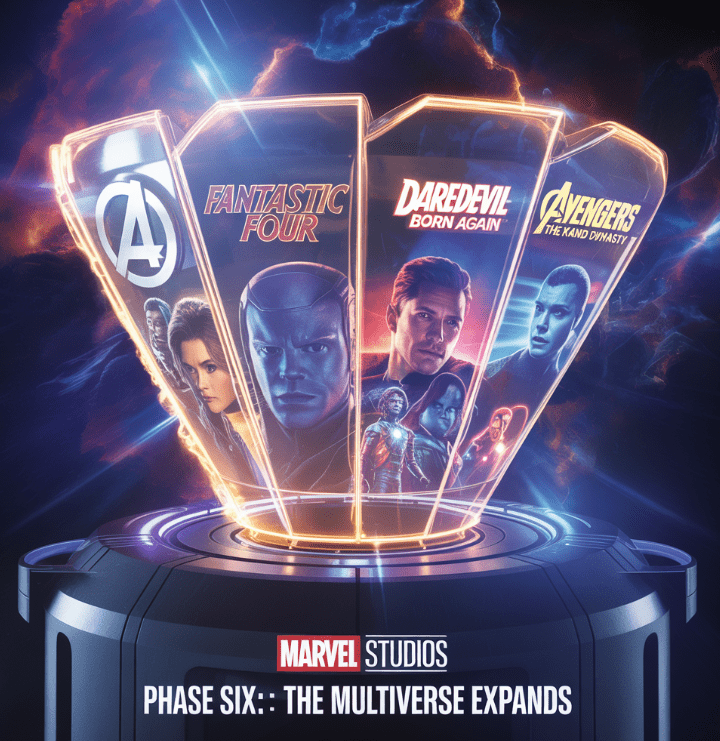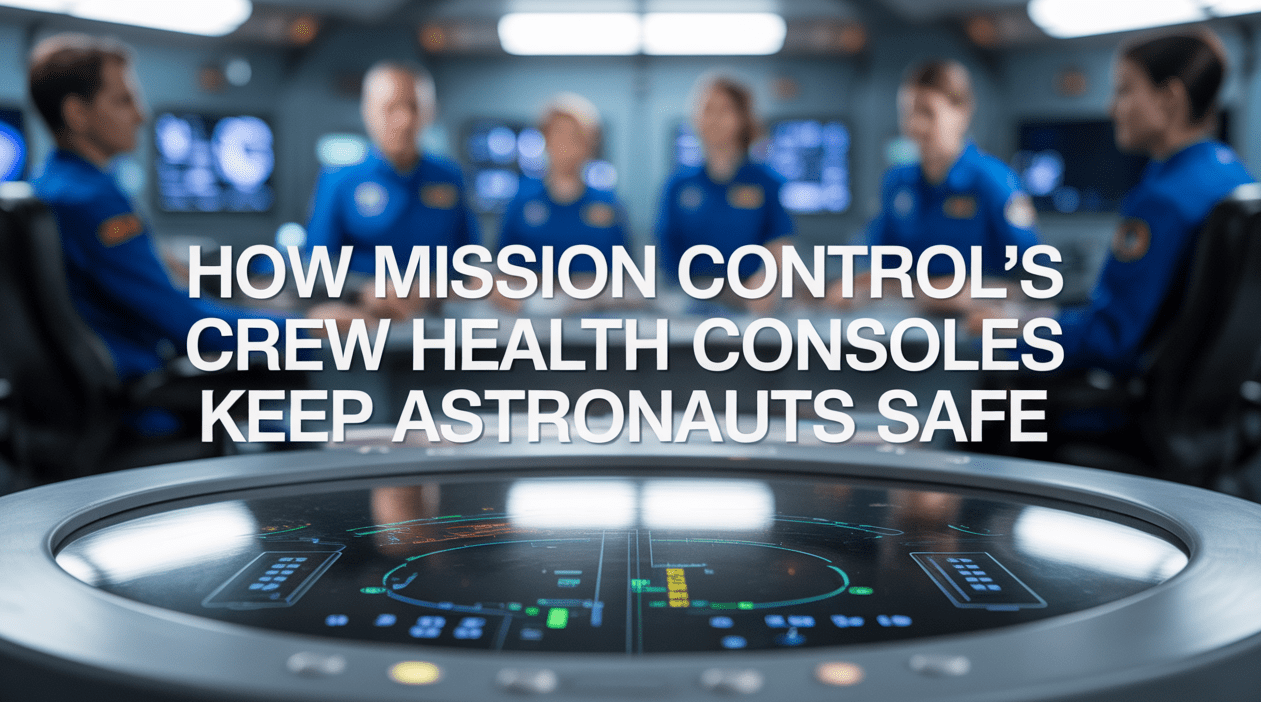Could James Webb Spot Life on Hidden Ocean Worlds?
Is life hiding beneath thick hydrogen skies on distant alien planets? NASA’s James Webb Space Telescope (JWST) might be closer than ever to answering that question—thanks to a unique type of exoplanet known as a hycean world. These mysterious planets could provide our best shot at detecting alien life, not with oxygen, but with something … Read more

